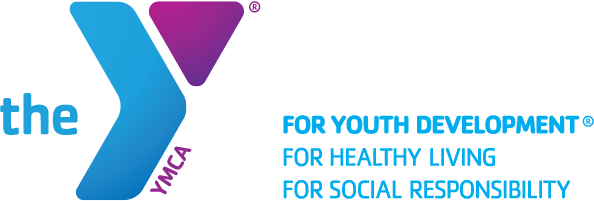9 Foods You Didn’t Know Were Good for Your Heart
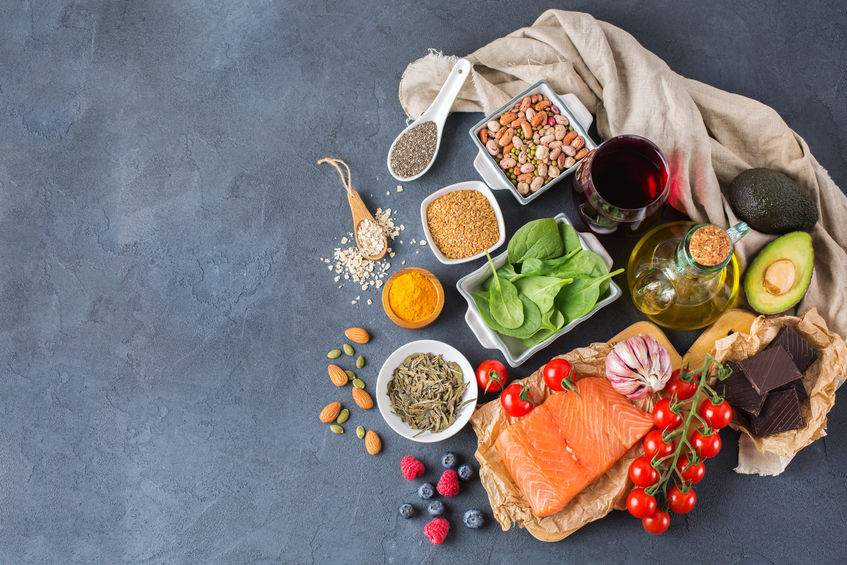
Most people know that eating well each day is key to keeping up your cardiovascular health. But with so many diet misconceptions out there, what foods are actually heart-healthy?
As it turns out, there are plenty of options that you didn’t know were good for your heart. We dug into the facts behind these nine heart-healthy (and delicious) foods.
1. Almonds
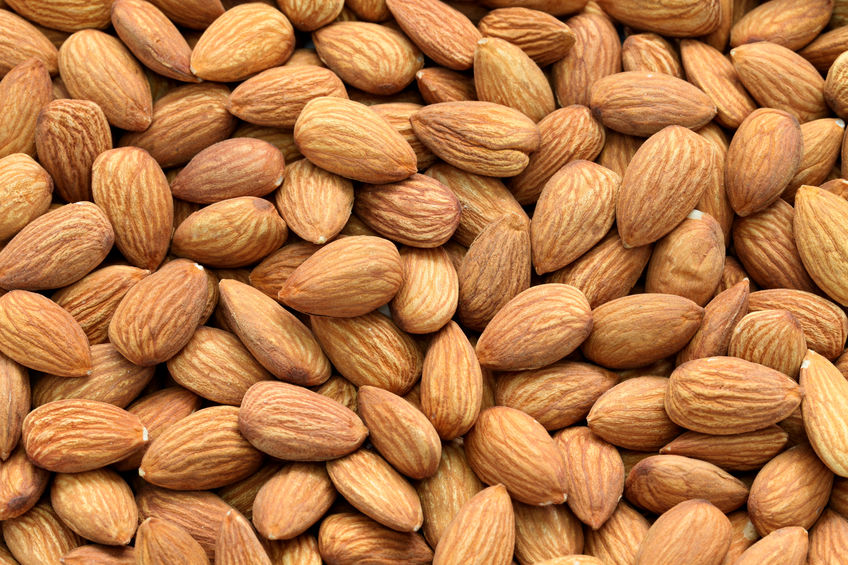
Some people steer clear of almonds because of their high calorie and fat content. But all nuts are relatively high in calories, so you can eat a small handful of almonds (or 1.5 ounces) each day. And their fat is monounsaturated — which studies have shown can lower cholesterol. This means almonds can help you lower your risk of cardiovascular disease.
Almonds are also high in protein and fiber, so eating them can help you lose weight. Protein lets you feel full after eating a handful of almonds, and fiber aids in digestion.
2. Avocados
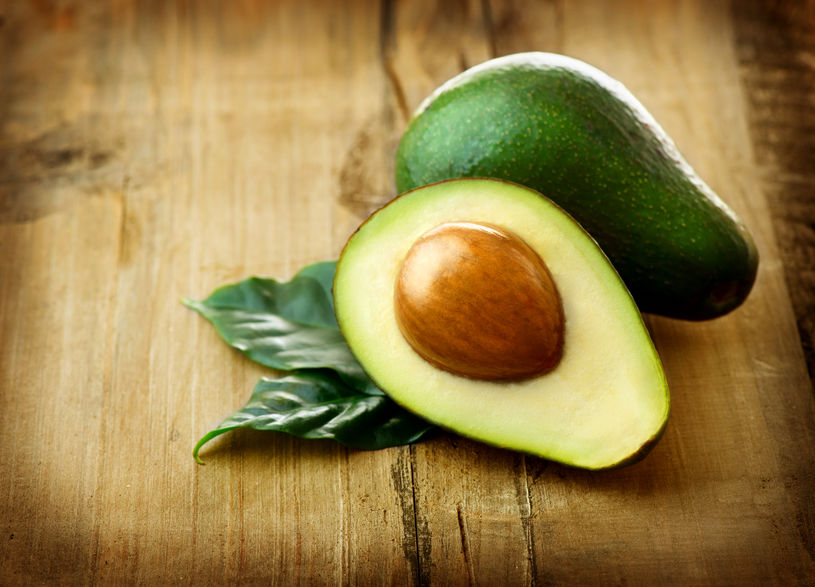
Avocados are another high-fat food that people may avoid, but the fruit contains monounsaturated fats. Research has linked this healthy fat to a lower risk of cancer, type 2 diabetes, and heart disease. In fact, eating one avocado a day can boost your heart health by lowering LDL cholesterol.
Besides “good” fats, avocados are full of fiber and antioxidants. You can enjoy avocados as a sandwich or salad topping, or by mashing up the fruit into guacamole. Make sure to swap out high-fat corn chips for fresh veggies to dip in the guac!
3. Berries
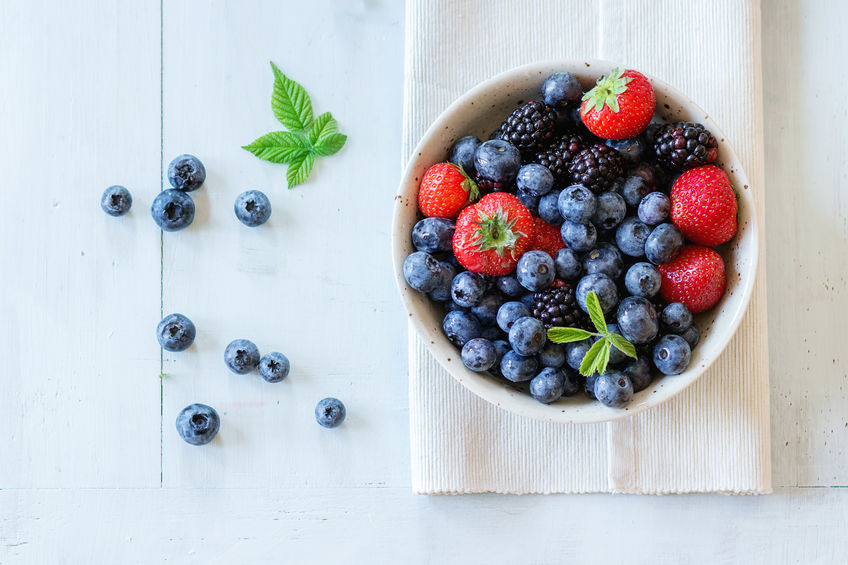
Love blueberries and strawberries? They affect your heart more than you may think. In a Harvard study of 93,600 women, researchers analyzed their different diets. The women who ate three half-cup servings each week were 34 percent less likely to have a heart attack.
Berries are also full of anthocyanins, anti-inflammatory compounds that fight heart disease. So go ahead and load up your smoothie, cereal, or yogurt with blueberries and strawberries!
4. Dark Chocolate
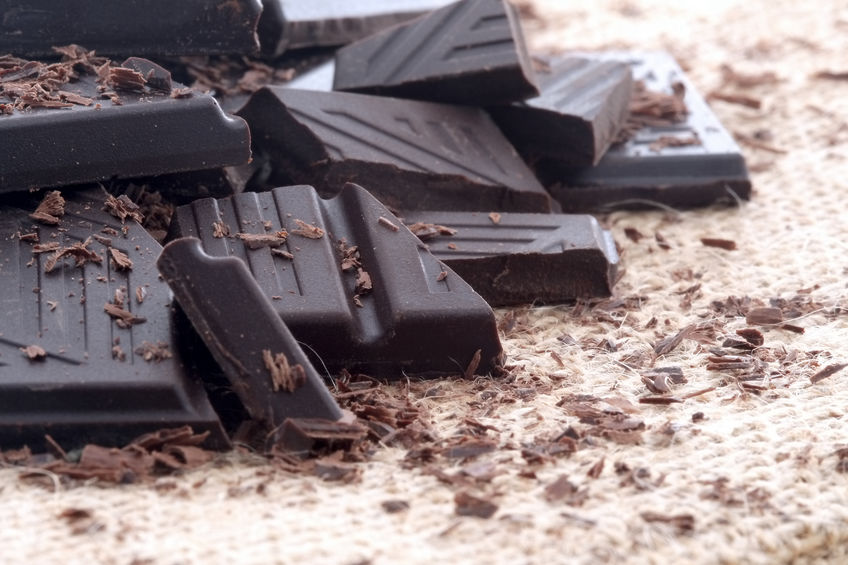
Who says chocolate is always a guilty pleasure? Dark chocolate contains antioxidants and flavanol, a disease- and inflammation-fighting chemical. Eating flavanols can help you lower blood pressure and improve blood flow to your heart.
Dark chocolate also has fewer calories than other types, and it can help you lower LDL and prevent plaque buildup. Make sure you limit the sweet treat to 1 ounce a day, and look for at least 60 percent cacao in your chocolate.
5. Flaxseeds
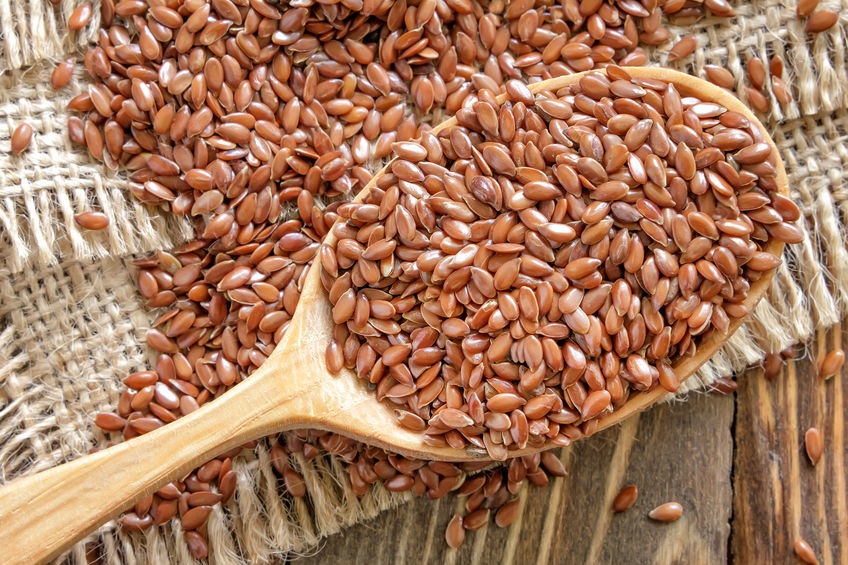
Flaxseeds may be small, but their nutritional value is mighty! The seeds contain plenty of magnesium, potassium, zinc, fiber, and proteins. You’ll also find lots of alpha-linolenic acids (ALA) in flaxseed. This omega-3 fatty acid will help you fight off inflammation and cardiovascular diseases.
Omega-3s also help your body regulate blood clotting and artery wall contraction. What’s more, healthy fats help your heart beat at a steady pace. All the more reason to top your soups and salads with heart-healthy flaxseeds!
6. Golden Kiwis
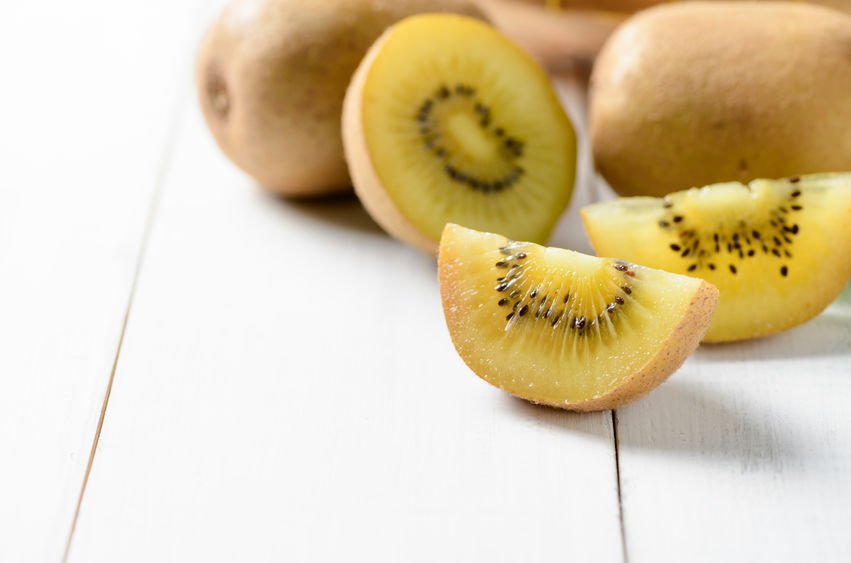
While the green kiwi you’re used to has lots of antioxidants, try its cousin the next time you’re at the grocery store. Per serving, golden kiwi has more polyphenols (an antioxidant) than green kiwis.
Why load up on the antioxidants? These molecules prevent unhealthy fats from oxidizing in your arteries. Eat golden kiwi to avoid inflammation and plaque buildup!
7. Lean Meat
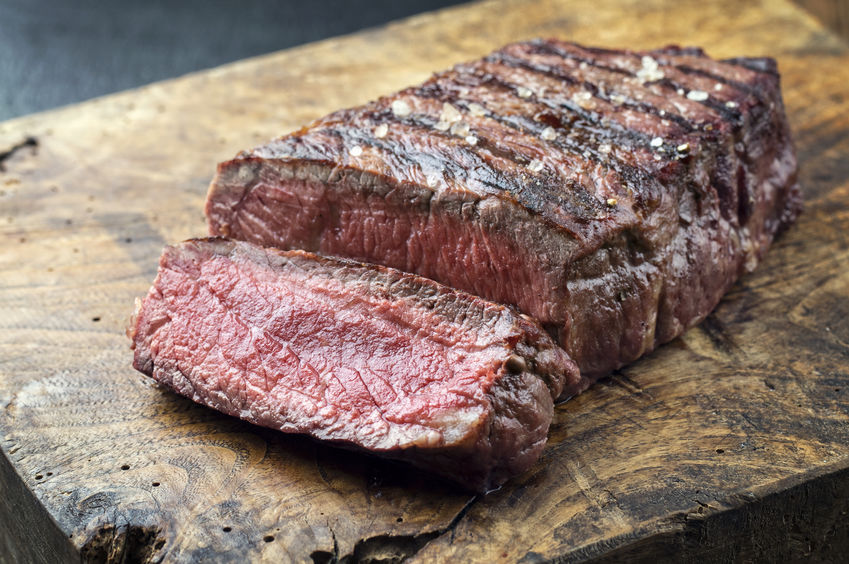
Not all red meat is full of saturated fat that will raise your blood cholesterol levels. In an American Journal of Clinical Nutrition study, researchers assigned people to one of four diets. The subjects on a daily diet that included 4 ounces of lean beef decreased their LDL levels by 10 percent.
What does this mean for your daily diet? If you’re sticking to 95 percent lean beef, you can lower your cholesterol and risk of heart disease. Try cuts like round, chuck, or top sirloin for the best lean meats.
8. Peanut Butter

Some people avoid peanut butter because it contains saturated fat. While this is true, it helps to look at the amount of each ingredient to determine how healthy a certain food is. For example, one serving of peanut butter (about 2 tablespoons) contains an 80/20 ratio of unsaturated to saturated fats.
People who eat peanut butter are less likely to develop heart disease or type 2 diabetes. That’s because peanut butter has 12.3 grams of unsaturated fat per serving, which helps in reducing LDL cholesterol.
9. Purple Potatoes
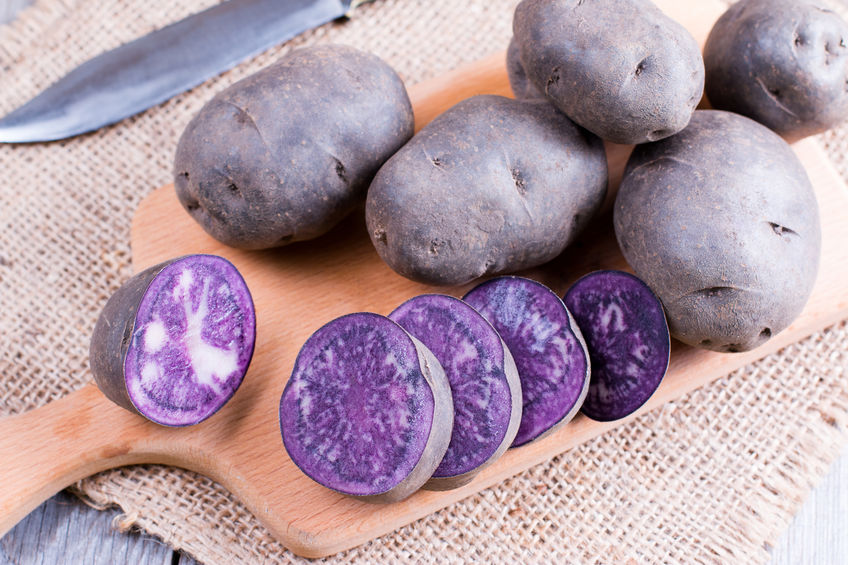
If you’re worried about packing on the pounds with potatoes, we have good news. Participants in a University of Scranton study didn’t gain weight after eating purple potatoes. This was thanks to the vegetable’s lower glycemic index and inflammatory elements.
Purple potatoes also contain a unique blend of antioxidants like anthocyanins. Eating plenty of anthocyanins can help you lower high blood pressure levels and reduce your risk of heart disease.
Add these nine heart-healthy foods into your diet to boost your cardiovascular health! If you need help preparing these foods or want ideas on how to incorporate them into family dishes, don’t worry. Ask your local community center if they offer a learning kitchen or healthy cooking classes.

The Lafayette Family YMCA is a community dedicated to healthy living and social responsibility. For more fitness tips and to stay up to date about YMCA events, connect with us on Facebook, Twitter, LinkedIn, and Instagram, or visit our website here.
